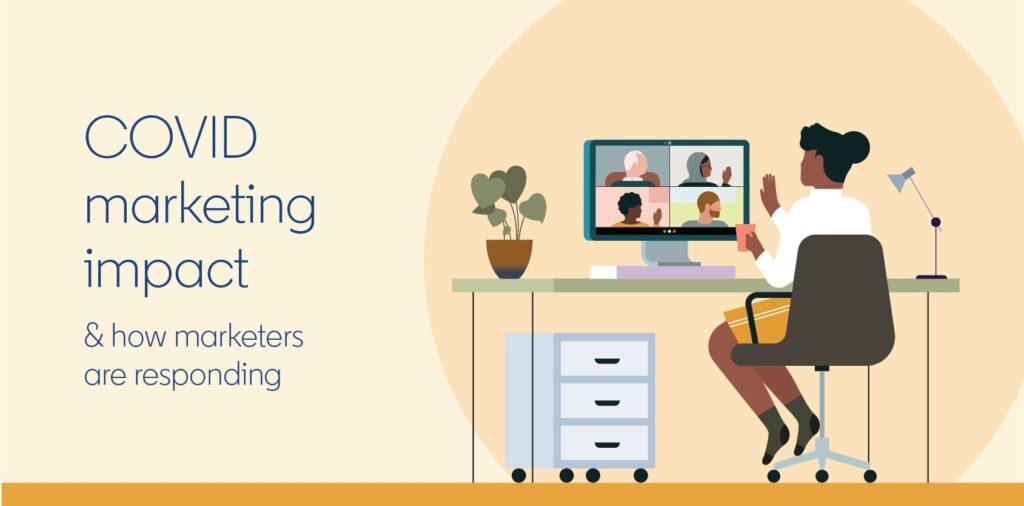As search engine algorithms evolve, they are placing an increased emphasis on in-depth expertise around topics that satisfy user intent over merely targeting high volumes of keywords. This shift toward rewarding fully developed subject matter aligns with Google’s latest “helpful content update” (HCU) and entity optimization on websites and pages. The helpfulness of the content provided is a key factor in optimizing for readers.
Specifically, this content update spotlights entity-centered and content-rich categorized topics. Google wants to promote sites demonstrating contextual authority though cultivation of sophistication around specific concepts important to searchers.
Simply chasing keywords by cramming in strings of words with high search volume will no longer garner favor. Instead, getting your company or organization‘s website to stand out means selecting legitimate entities ripe for ongoing analysis and investing in content with insight that is entity optimized.
Defining Key Terms Central to the Updated Standards
To optimize properly, it’s crucial to clarify precisely what Google means in distinguishing entities versus plain keywords:
- Keywords refer to individual words or short phrases narrowly targeting a specific verbal search query. Often these are more ephemeral and fluctuating in popularity week to week.
- Entities constitute more developed ideas and subjects allowing elaboration from angles like historical context, associated data points, firsthand commentary and adjacent conceptual relationships.Entities describe tangible or intangible topics warranting multi-dimensional types of themes that people seek to actively further their knowledge of the topic they are searching for. Entity optimization is crucial for improving search engine rankings and enhancing the visibility of a site to visitors and searchers.
An Example to Help Crystallize the Distinction
Content marketing on social medianormally utilizes narrow keyword targeting that is likely to shift relevancy with trends. However, leveraging authentic content on social platforms to nurture customer relationships demonstrates a legitimate entity-meriting strategy. The site owner must consider a content update to enhance their overall content system as opposed to relying on simple keyword placement and use.
While such semantic analysis may seem abstract, the entity vs keyword differentiation has very tangible implications for the HCU’s standards. It is time to focus on real-world implementation and the methodology changes that are now required for ongoing discoverability on a site. The rollout of this sort of content is crucial for optimizing the website and ensuring its helpfulness to readers (and Google’s algorithms).
Why Emphasizing Entities is Vital for Ranking Under Evolving Standards
Essentially, Google’s increased weighting of expertise and authority makes single-minded keyword repetition tactics of the past now about as valuable as trying to hold sand. Stampeding words into paragraphs without context no longer impresses or informs site visitors.
In part, this algorithm update emphasizes Google’s articulated mission statement- “to organize the world‘s information and make it universally accessible and useful.” Chasing trends of which words are randomly spiking in search popularity hardly serves universal edification. Entity optimization, on the other hand, contributes to a more meaningful and relevant search result for web surfers and site owners.
Instead, Google wants to spotlight entity-driven sites that earn recognition by cultivating “expertise enthusiasm” around legitimate categories of subject matter that attract human curiosity. These types of inquiries lead to longer learning journeys and more informed decision making.
These shifts explain the necessity of content transitioning from fleeting, thin keyword targeting toward continually updated, interlinked clusters that are better over the long-term, not just ephemeral verbal arrangements.
Strategically Crafting “Helpful” Content to Succeed with New Standards
The key is identifying promising content anchors around topics with enough richness that merits exploration through multifaceted linking and content updates. Several guidelines can help shape an entity-focused site production roadmap:
Entity SEO: How to Get Your Webpages Ranking Higher in Searches
Entity optimization is also crucial for SEO and SEM alike. Successful entity SEO optimizes the presentation of unique brands, products, creative works, and other distinct entities that users search for online. By improving entity visibility and recognition in search engines, webpages can rank higher and drive more relevant traffic. Core entity SEO strategies involve consistent NAP data, quality backlinks, optimized content, and clear entity relationships mapped through markup schema and linked data frameworks. Applying these methods helps webpages stand out in competitive entity-based searches. Google Search Central provides valuable information and resources for site owners looking to improve their entity SEO. Content updates are crucial in maintaining an optimized website too.
Optimizing Page Experience Through Strategic Entity SEO Efforts
The user’s page experience is a key ranking factor that interrelates with entity SEO efforts. By enhancing entity visibility and consolidation in search engines, webpages can provide more satisfying experiences after click through. Useful entity optimization tactics include reliable contact data, relevant external citations, engaging and accurate content, and easy access to key entity information onsite through schema markup. These facilitate positive user experiences and signal search engines that the page merits prominence for entity queries. AI content can also contribute to providing helpfulness to the readers, as long as it is done under the watchful eyes of user-focused businesses and individuals.
Crafting High-Quality Webpage Submissions to Boost Entity SEO
Strategic webpage creation should focus on executing entity-specific SEO best practices such as complete and consistent NAP listings, trusted citation links, optimized on-page content with keyword targeting (not flooding), descriptive schema markup highlighting the page’s entity scope, and site owner satisfaction. Comprehensive webpage submissions like these make it easier for search engines to recognize, index, and rank entities accurately while providing users the information they seek. The resulting consolidations and performance lifts demonstrate effective entity SEO integration
Final Take on Entity Optimization
As algorithms progress to reward richer demonstrations of insight, marketers benefit from forgoing antiquated keyword density in favor of instilling content that is focused on truly addressing subject matter the user is interest in learning more about. Entity optimization plays a crucial role in shaping the content for improved SEO. Google’s updated standards don’t expect casual fluency in ephemeral trends but rather look to spotlight those displaying contextually interlinked publishing momentum around specific entities meriting evergreen dedication. The shift from density to dimensionality necessitates embracing entity optimization based less on projected statistics than aligning editorial operations with informing audiences in areas search patterns reveal intrigue escalating toward engagement.
This takes shape through repeatedly refreshed content clusters magnetizing value-driven learning journeys. Transitioning from key words to key entities remains imperative for entity optimization, discoverability, and sustainability moving forward. Entity optimization is crucial for a site owner, site, and search result.


